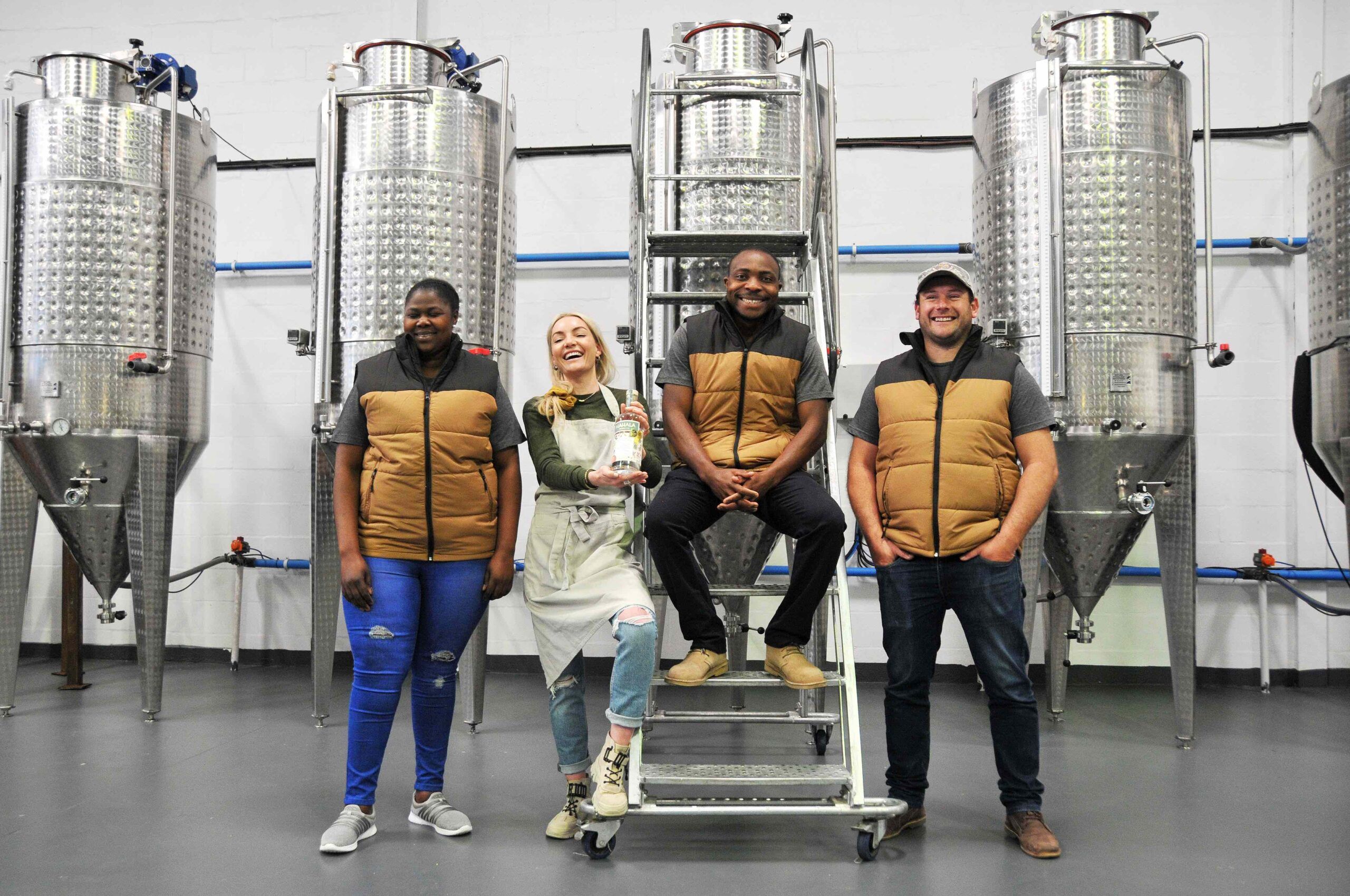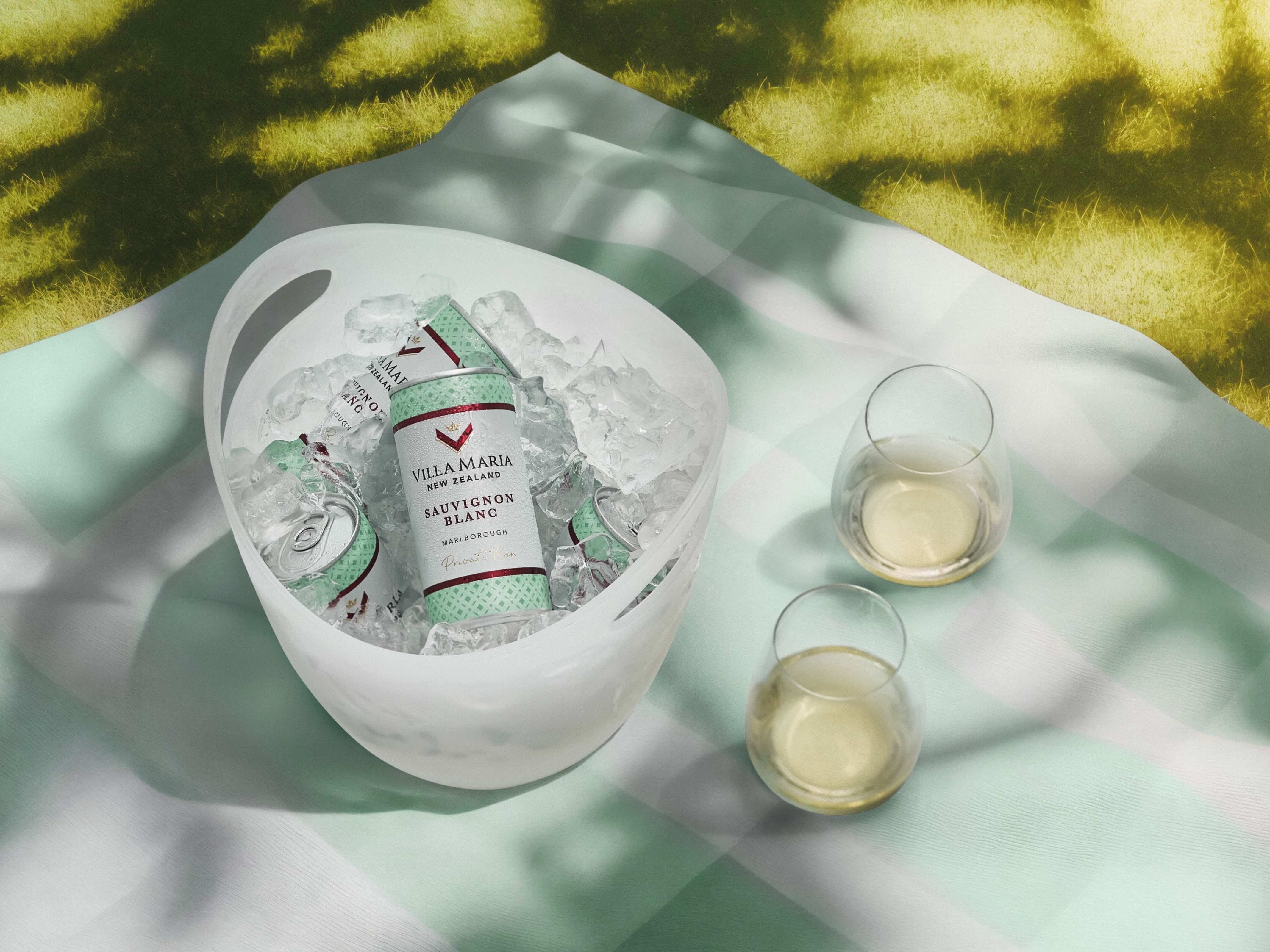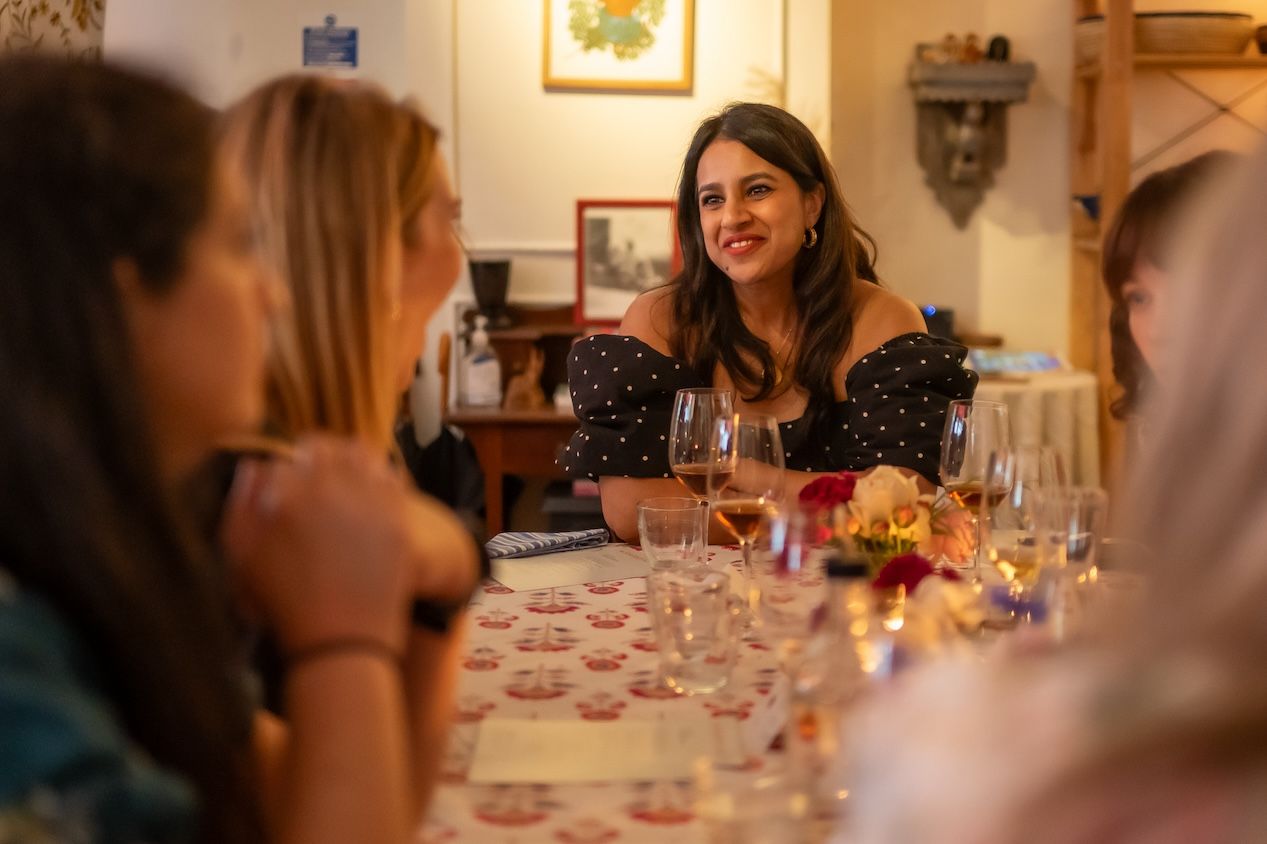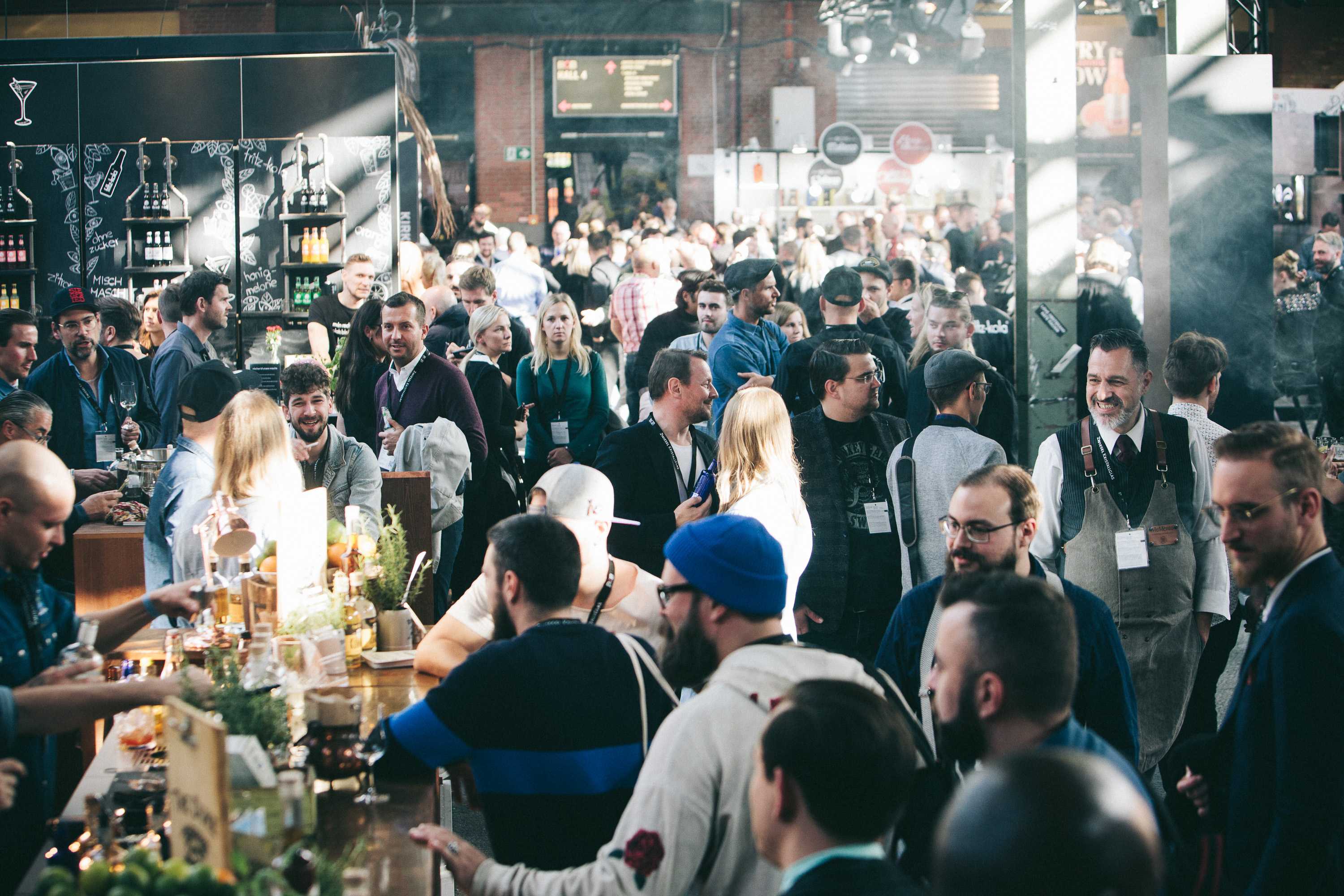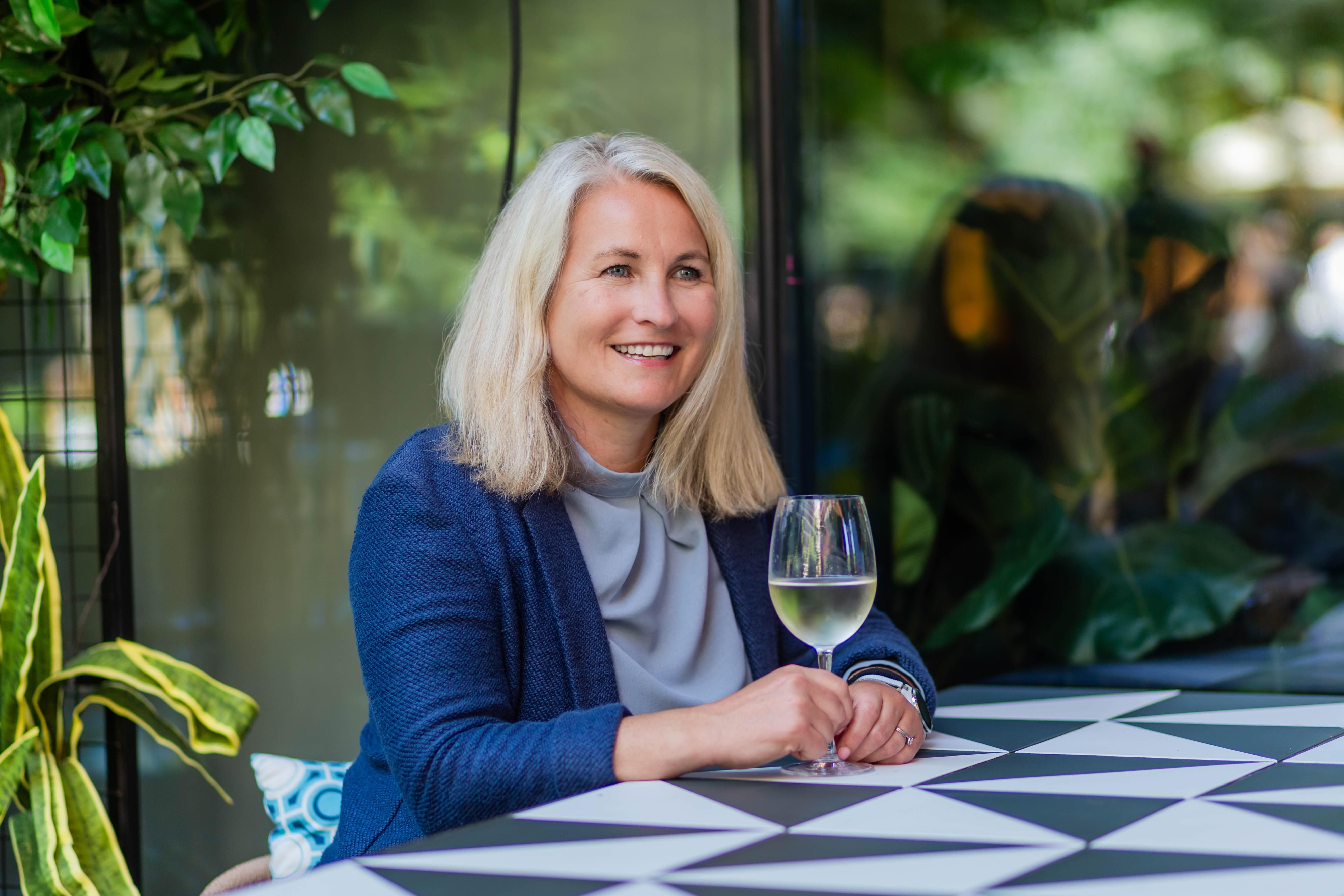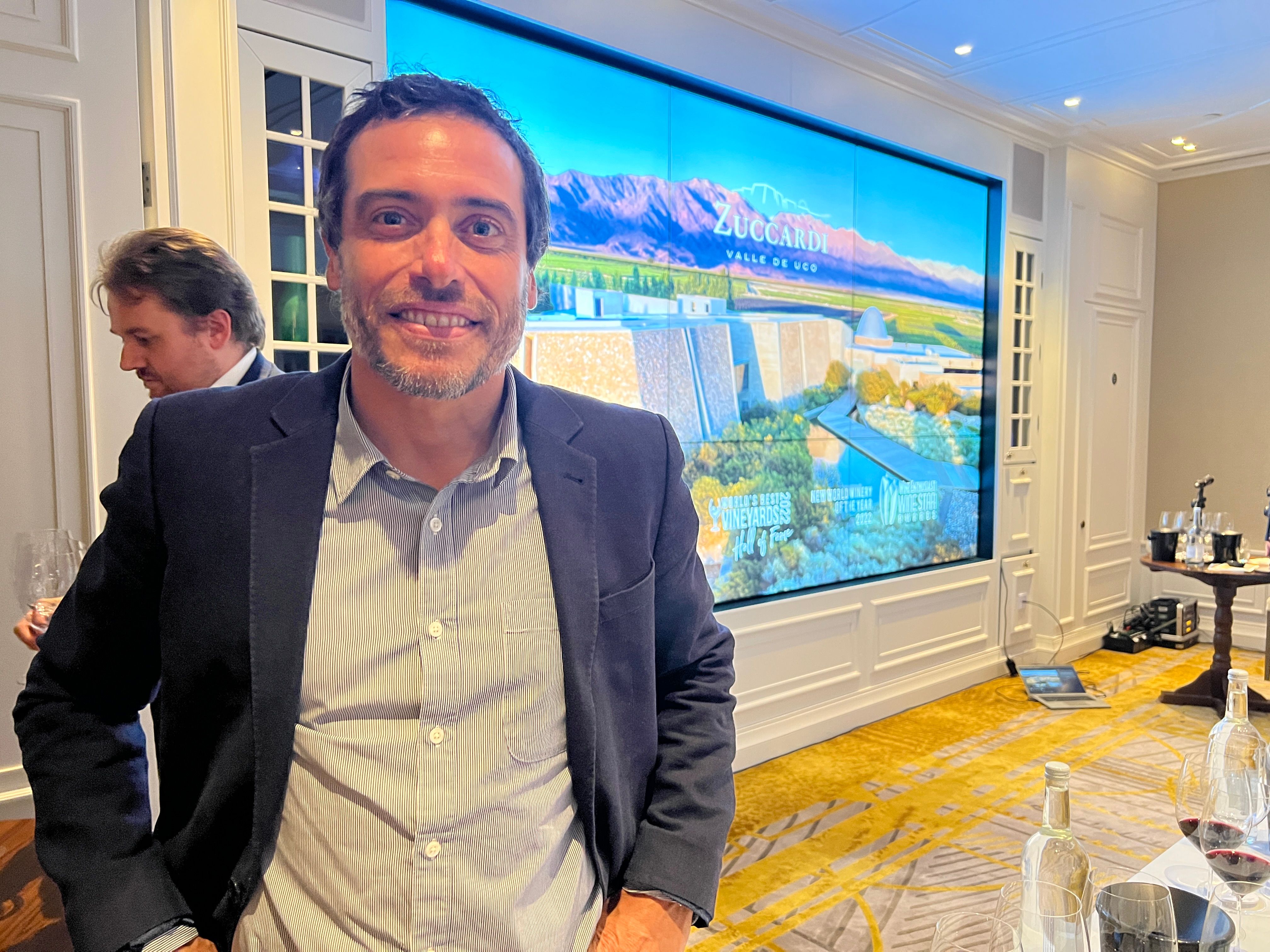“People love the name Mahala – meaning ‘free’ in Zulu, it makes South African’s very proud of their homegrown product,” explains Danielle Schoeman, co-founder of master distiller of the new lo and no alcohol brand.
For many, the first lockdown in March 2020 was an excuse to open up the drinks cabinet. And leave it open. But as the lockdown continued for the months ahead it also made a lot of people question their relationship with alcohol and just how much they were putting in their body – resulting in the continued shift towards people looking to follow more mindful drinking habits.
“People were spending too much on alcohol in lockdown one, then during the second and third there was a clear shift in mindset where people thought hang on, I’ve just had five bottles of wine on a Tuesday, this is not so good,” says Mahala Botanical co-founder, Paul Scanlon, a former Pernod Ricard managing director for South Africa and exports manager for Jameson Irish Whiskey.
However, for South Africa, this was not the case.
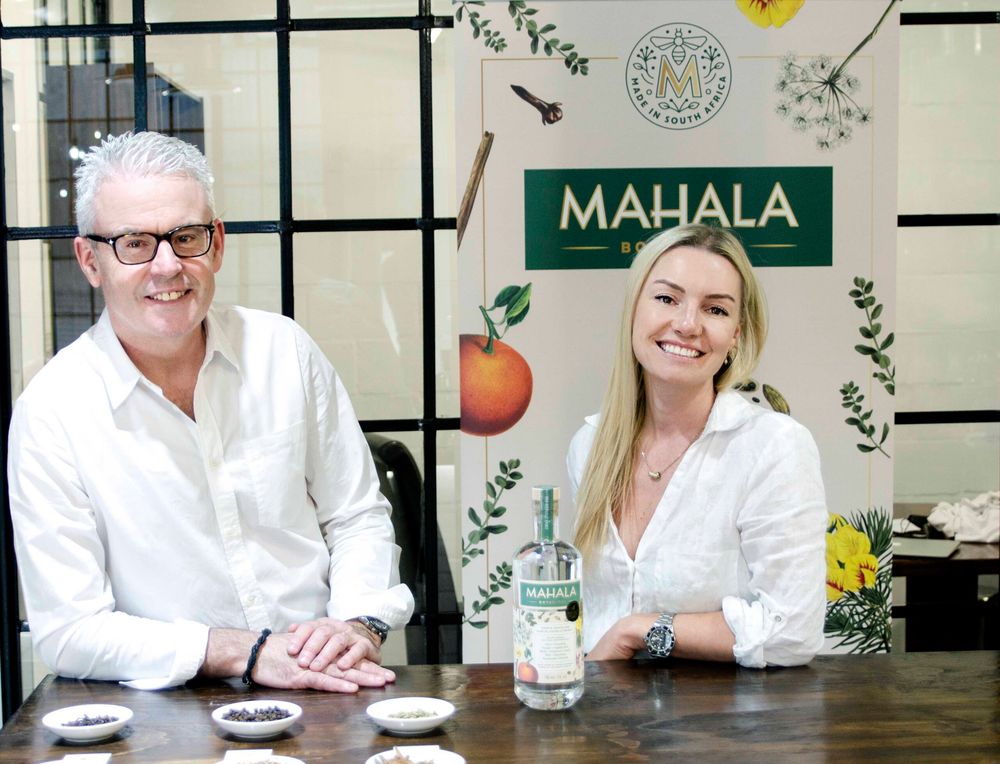
Paul Scanlon and Danielle Schoeman are the co-founders of the new South African premium no lo alcohol brand – Mahala Botanical
One of only four countries in the world to ban alcohol during lockdown, the ‘prohibition’ meant retailers including Danielle Schoeman’s Doña craft distillery could not manufacture alcohol.
“It gave me some time, after looking at trends and what was happening in the market, no-alcohol kept cropping up and I just couldn’t ignore it anymore”, she says. “I thought okay, let me experiment with removing alcohol and see.”
The South African alcohol ban created a platform for non-alcoholic brands to have a dedicated space front and centre on the supermarket shelf.
“People could now see that they have options, it was an education on the non-alcoholic category that was beneficial for us all,” adds Schoeman.
She then spent months experimenting with distilling five litres of product at a time using a variation of botanicals and then removing the alcohol. “Non-alcoholic is completely different to making say a gin, you don’t know what you need to start with for a non-alcoholic spirit.”
At the same time, having completed dry January in 2020, Scanlon was struggling to find premium non-alcoholic spirits locally in a category dominated by low and no alcohol beers.
So, when Scanlon met Schoeman on a Zoom call in 2020 the Mahala Botanical brand was born.
Distilling alcohol free
Born and bred in Cape town, Schoeman fell in love with the process of making tequila from the raw material of an agave plant on a trip to Mexico.
“I went home and got the raw product, I learned from the farmers how to harvest it and then I learned from winemakers how yeast worked in fermentation and distilling,” she says.
In 2019 Schoeman started the Doña Distillery with custom-built vacuum stills intended to bring new and exciting spirits to the local market. It was at this distillery that Schoeman created Mahala Botanical using a triple-distillation process to maintain strong botanical flavours without infusing any artificial flavourings or sugar.
“It was a lot of trial and error but now every step of the process is done in house in the distillery, the product is even bottled and labelled on-site,” says Schoeman.
The process starts with fermentation and distillation before local botanicals familiar to Schoeman’s childhood are harvested and added to the alcohol in unique vacuum stores. A vacuum is then used to remove the oxygen from the stall that infuses the botanicals, and the alcohol and purified water are added.
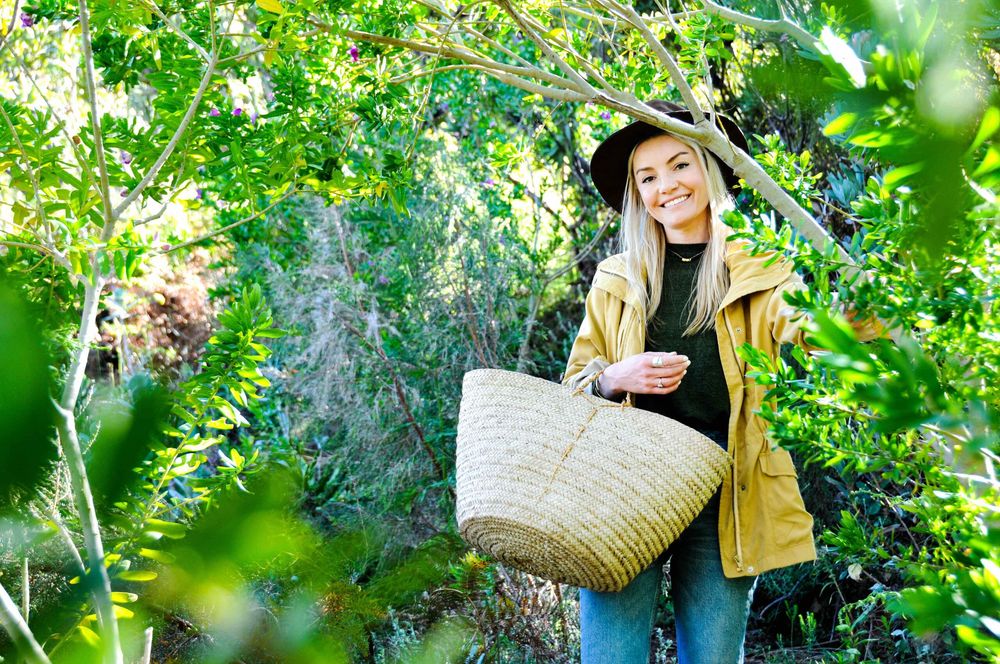
Schoeman first started making craft spirits at the Doña craft distillery
A second distillation distils off the alcohol and a third distils the final product – much in the same way premium spirits are created. Schoeman explains, “We just add a step because we have to take the alcohol off and then the alcohol that we take out is reused for another batch.”
“This is what makes us different from many other competitors, if you’re drinking a non-alcoholic product, you’re trying to be healthy, so we make sure that there isn’t a huge number of sugars and artificial flavours that try and compensate for the lack of alcohol.”
Healthier mindsets
The Mahala Botanical’s founders think the wellness trend is here to stay. “It is not a fad”, says Scanlon, “without a doubt, no-alcohol ties in nicely with veganism and healthy lifestyles, but people still want premium options.”
Often, a mocktail is the same cocktail just the alcohol has been substituted for syrup, he says.
It was important for Schoeman and Scanlon to create Mahala Botanical as an inclusive product that catered to all consumer bases – including celiac and gluten-free friends and family.
Their two main target audiences are increasingly sober millennials and people in their late 40s and 50s who want to enjoy socialising with friends in a mindful and premium way without the expectation of having a drink at dinner.
Schoeman says, “The UK launch event was such a vibe, it felt like an authentic night out at a bar – no one even asked for an alcoholic drink outside of our three Mahala cocktail serves.”
“It really is the placebo that you’re having a long drink and socialising but without the alcohol,” adds Scanlon.
An expanding category
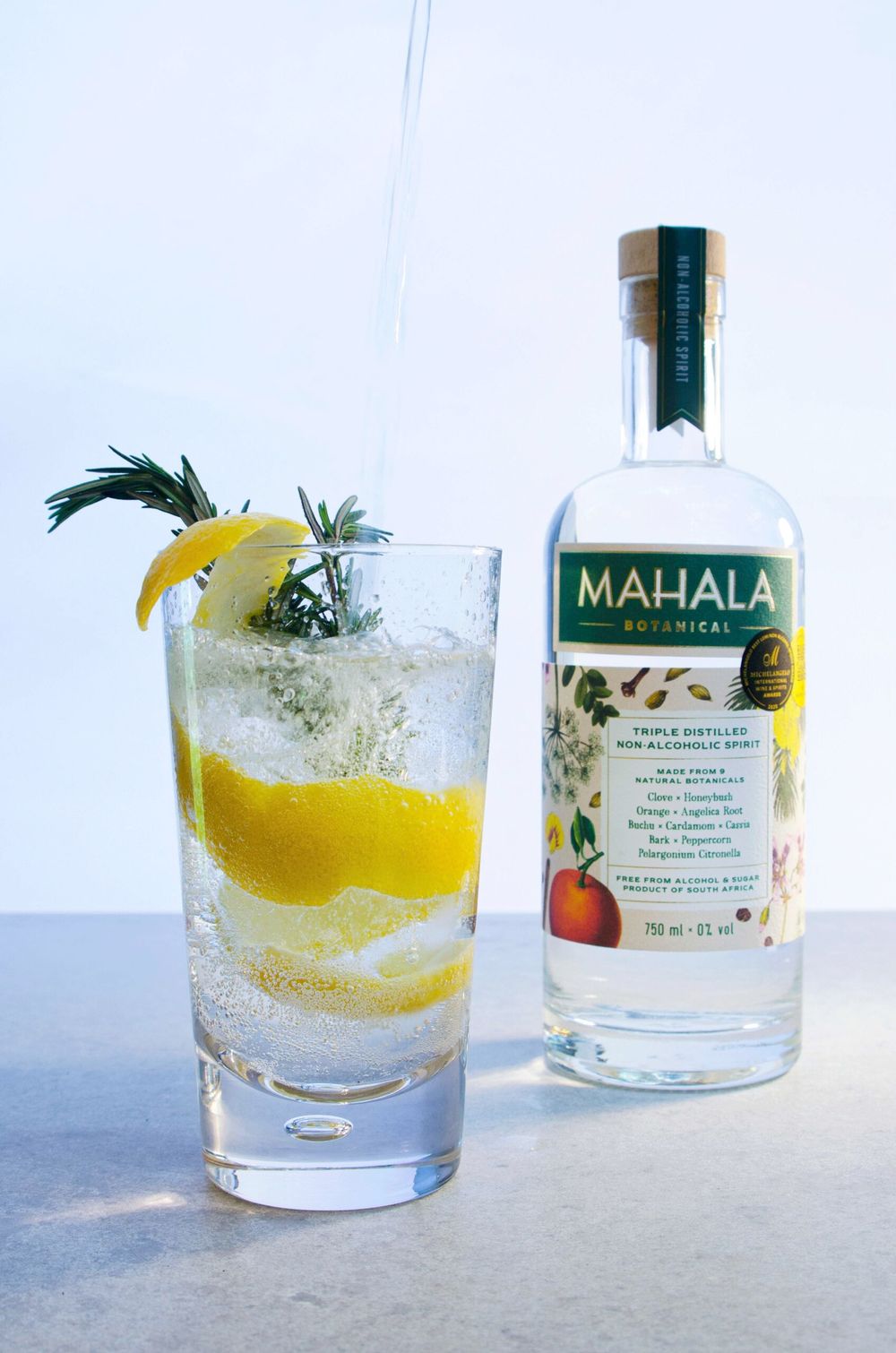
Mahala Botanical is tapping into people’s desire to still enjoy themselves with a premium drink when not actively drinking alcohol
As premium retailers, including Selfridges and Harrods, move to build their non-alcoholic portfolios, grocers such as Waitrose and Sainsburys are at the forefront of accommodating this new category of premium non-alcoholic spirits. They appreciate this is a a category that is just in its infancy, but moving very quickly. Overall no and low alcohol sales grew nearly 300% in 2021 and nearly 6.5 million people in the UK took part in Dry January last year.
Outlets that do not take the category seriously are in danger of missing out, warns Scanlon: “A quarter of people who go to the pub in the UK do not drink. The pub trade needs to offer a premium solution.”
Scanlon thinks that traditional vodka drinkers may migrate to Mahala on a Sunday night when they still want flavour and an impressive taste without the alcohol.
The co-founders are equally excited by opportunities in South Africa at Muslim weddings and occasions as they continue looking for regional hosts and distributors globally.
Flavour profile
Mahala Botanical is described by Schoeman as having notes of spice, earth, and citrus created by nine indigenous botanicals: Cloves, Honey Bush, Orange Peel, Angelica Root, Buchu, Cardamom, Cassia Bark, Peppercorn and Pelargonium Citronella.
Schoeman intended to make these layers create a memorable and distinctive taste. Specifically, using clove to be “identifiable in scent and taste, without smelling and tasting like a gin.”
The premium spirit is generally designed to be served with a light tonic, soda water or ginger beer. One of Scanlon’s perfect serves for the summer is Mahala Botanical, ginger beer, and lime juice.
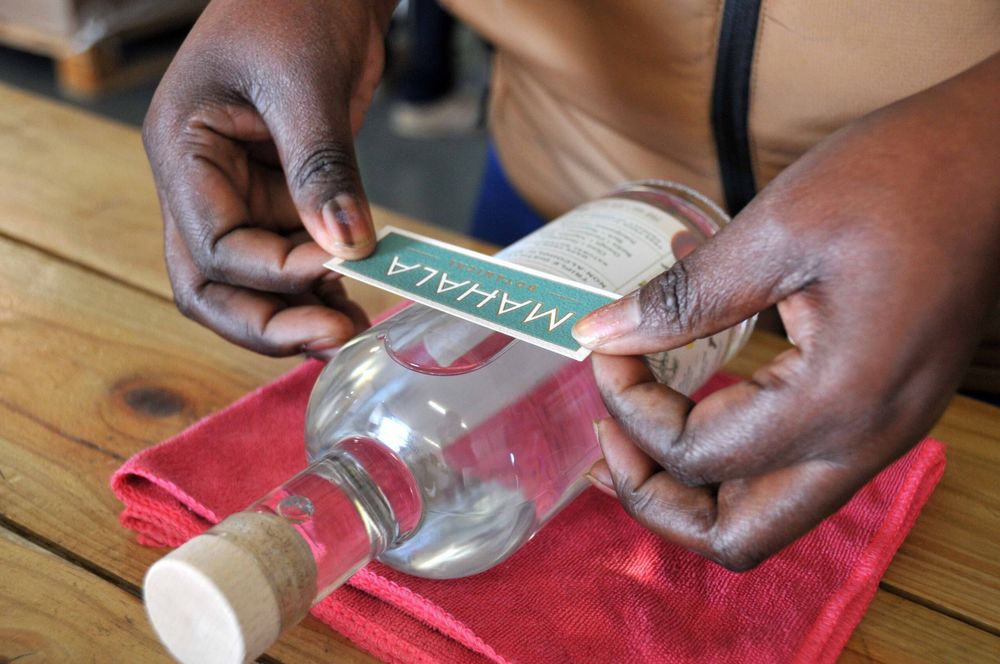
Mahala Botanical is made from nine indigenous South African botanicals
Schoeman has already started developing a second variant of Mahala Botanical to be ready in the next six months, she envisions this as “a darker spirit that is smokier and oakier than the current product to create a darker winter drink.”
Next steps
Schoeman and Scanlon hope to pitch Mahala Botanical to bigger grocers in the next eight months once they have a supply chain in place to meet the demand for the bulk of products.
Currently, Mahala Botanical is available online from several UK wine and spirits specialists including Master of Malt and WiseBartender.
Future conversations with a US importer, the FDA, Germany, France, Ireland, and European airports are planned for later this year.
“We think collaboration with other brands is very important – linking with mindful, fashion and tonic brands. We are doing a cross-purchase gift now with a very premium candle made in South Africa,” Scanlon explains of their marketing direction.
The premium spirit will be available for tasting at drinks festivals this summer such as Pub in the Park and Foodies Festival. And it’s social media that is next, specifically to target young millennials who can view their direct-to-consumer Instagram shop, Facebook and – in the works – TikTok.
Going forward Mahala Botanical intends to always be non-alcoholic even as they work on producing other variants. Scanlon says that the brand would never want to be seen as preaching against alcohol, instead they wish to compliment alcohol without blurring the line.
“I’m building the basket for the distillery and, if our volumes allow, Mahala Botanical is our core product, it would be amazing to be the first non-alcoholic distillery,” says Schoeman.
- To find out more about Mahala Botanical’s premium alcohol-free spirit, visit the website here.
